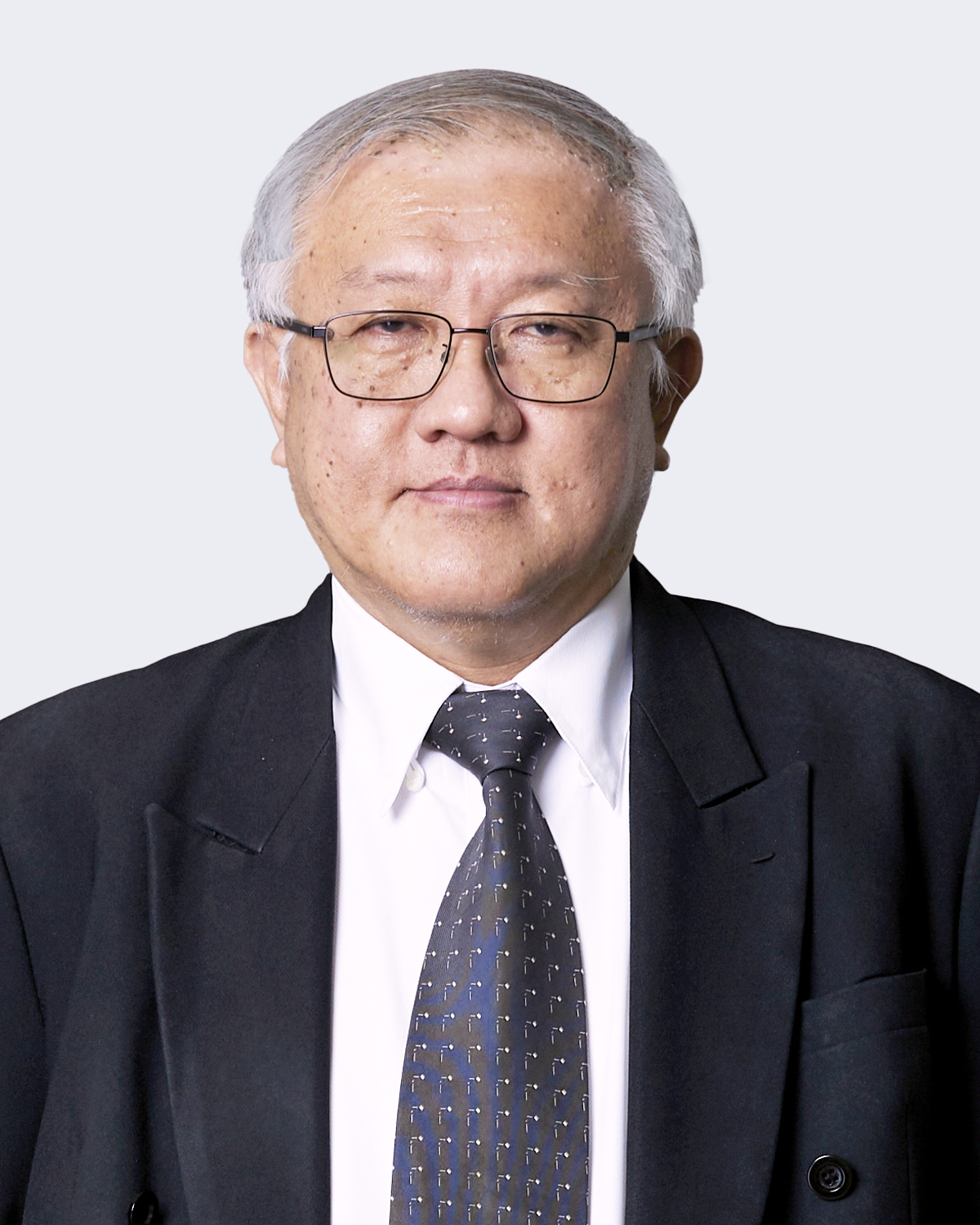Thailand’s Department of Industrial Works (DIW) has issued a new regulation (Ministerial Regulation Re: Designation of Type, Kind, and Size of Factories (No. 3) B.E. 2567 (2024)), which removes the factory license requirement for electricity generation from solar energy installations on rooftops, roof decks, or any part of a building used for residential or other purposes, regardless of capacity. The new rules took effect on December 28, 2024.
Under the previous regulations, solar rooftop installations had to seek approval from the DIW if their capacity exceeded 1,000 kW (1 MW), which added time and administrative costs when adopting renewable energy solutions.
Benefits and Further Compliance
The updated regulation benefits industrial operators by facilitating faster installation times and lower costs, as solar rooftops can now be installed without the need for prior approval of a factory license from the DIW. Operators can now more easily contribute to environmental sustainability and carbon reduction efforts.
Despite the lifting of the factory licensing requirement, other compliance obligations, such as an energy business license (or exemption from an energy business license), a controlled energy production license, and a construction permit, may still apply.
Reason for the Change
Removing the classification of rooftop or building-installed solar power plants as factories aligns with Thailand’s renewable energy goals and reduces regulatory burdens for industrial operators. Additionally, it supports the achievement of energy policies aligned with the UN’s Sustainable Development Goals and Thailand’s international commitments to reduce greenhouse gas emissions through the participation of all sectors.
For further details on how this change affects business operations or to explore strategies for renewable energy implementation, please contact Supasit Boonsanong at [email protected], Charuwan Charoonchitsathian at [email protected], or Phareeya Yongpanich at [email protected].







